Advancing Gender Equality in Africa: Key Outcomes from the ARFSD-11 Gender Forum
Date:
The Gender Forum, a side event to celebrate progress, provided a platform to reflect on persistent challenges, and map out strategies for inclusive, gender-responsive development across Africa.
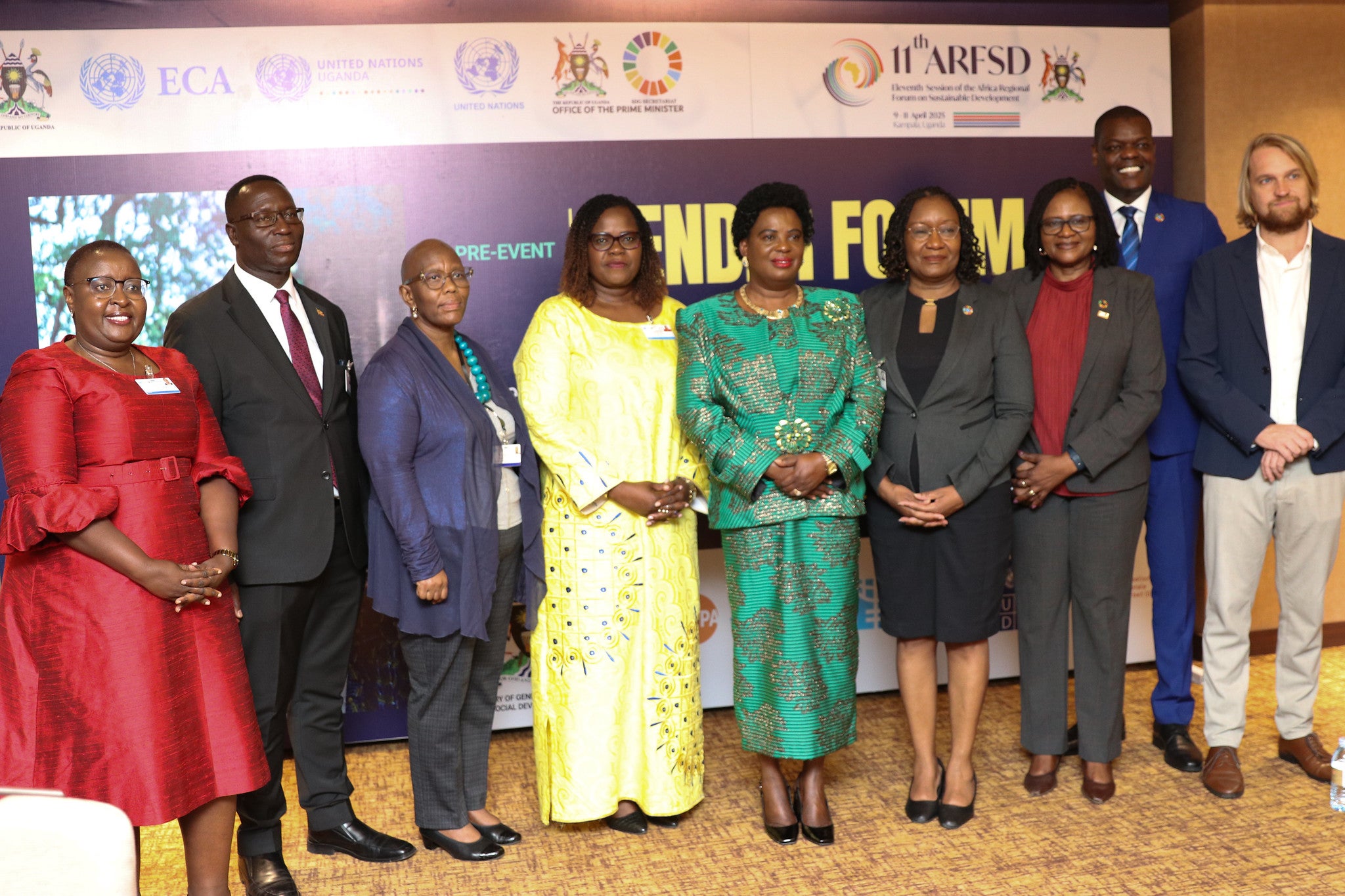
During the 11th session of the Africa Regional Forum on Sustainable Development (ARFSD-11), UN Women hosted the Gender Forum bringing together key stakeholders to spotlight Africa’s progress on gender equality, identify enduring gaps, and foster collaboration for accelerated action. Grounded in the aspirations of SDG 5 (Gender Equality) and the African Union’s Agenda 2063, the forum served as a platform for dialogue, innovation, and shared commitment to an inclusive and sustainable future.
The forum reaffirmed gender equality as a critical enabler of inclusive economic growth and sustainable development. Stakeholders emphasized that gender-responsive policies and targeted investments are essential to ensuring women and girls benefit equitably from Africa’s development agenda.
Endless possibilities to advance gender equality
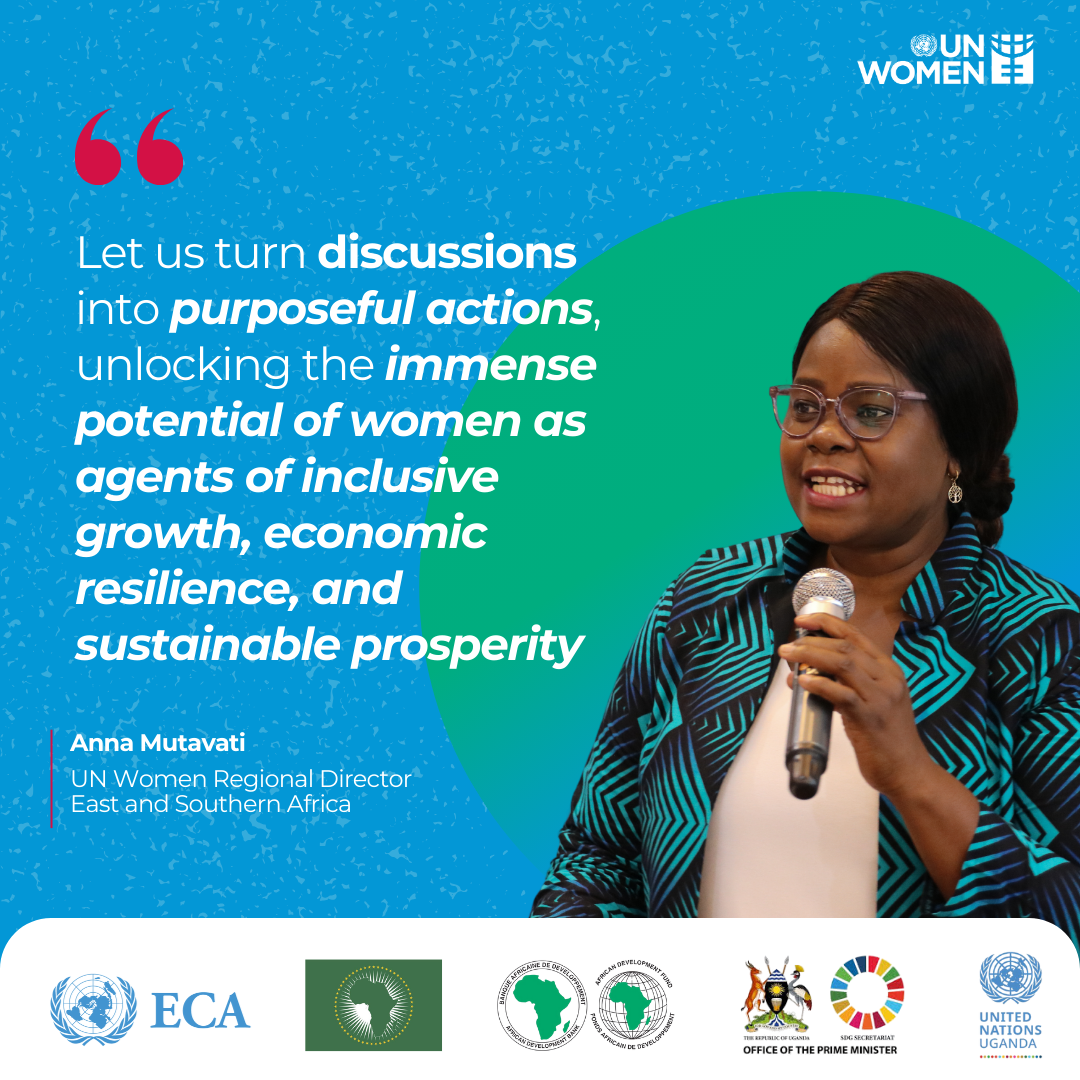
It is critical to consider strategic investments in education—especially for adolescent girls- as this sets a foundation for diverse opportunities in future. This is also a step into the right direction as women are prepared for emerging opportunities in green and digital economies. Women's leadership was recognized as central to driving transformative change. Participants stressed the importance of representation in decision-making across all sectors.
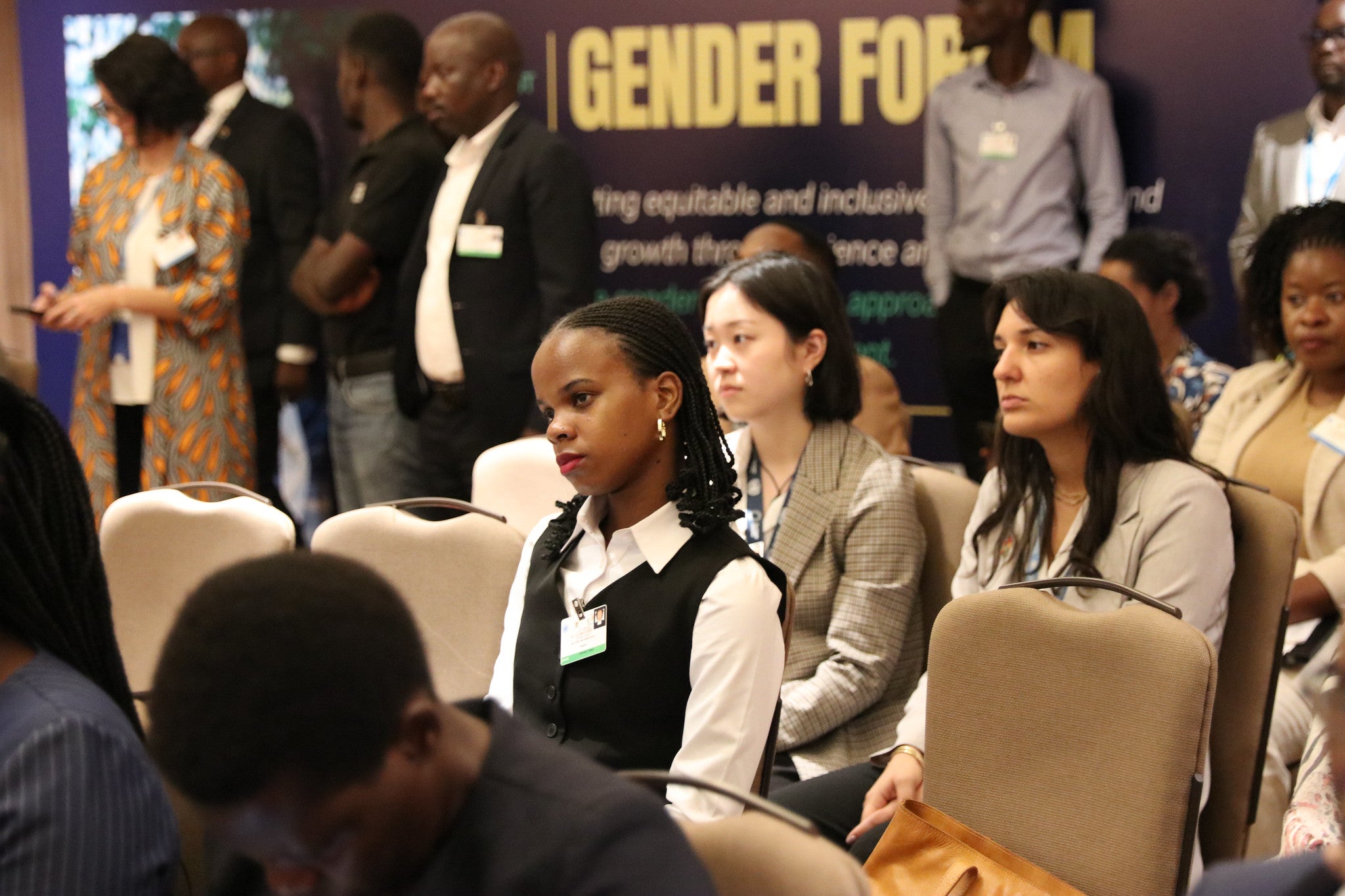
Discussions highlighted the need to embed gender-responsive budgeting in critical sectors like energy, transport, agriculture, and technology. Emphasis was placed on ensuring equitable access and inclusive development in traditionally male-dominated industries. It was clear that persistent challenges such as lack of access to land, financial exclusion, and gender pay gaps hinder progress as women are excluded in land ownership are greatly set back by gender pay gap and, in some instances, hindered from progressing because of unpaid care work. It was unanimously indicated that advocacy efforts focusing on recognizing, redistributing, and rewarding unpaid care work must be strengthened across the continent. There is value in recognizing the importance of engaging male allies and addressing societal stereotypes. One of the ways this could be achieved includes changing workplace cultures and perceptions which is a collective responsibility from leadership through to individual contributors from different sectors.
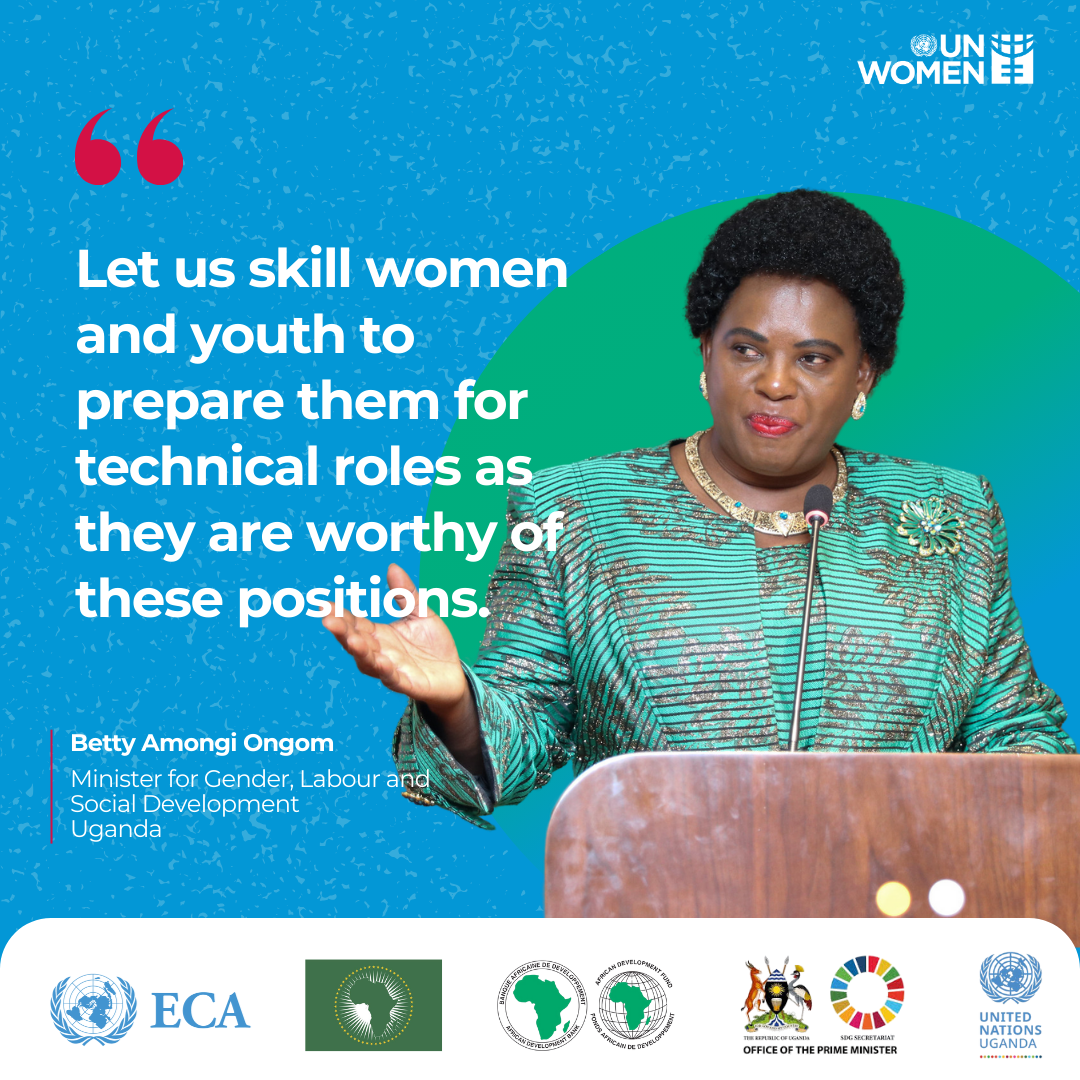
How can the gender digital divide be closed? By considering digital inclusion as a driver for economic empowerment and calling for urgent action to enhance women’s access to digital tools and technologies. Another critical aspect discussed by the speakers was the importance of gender-disaggregated data and tools like the Africa Gender Index for tracking progress and shaping effective policies. Coordinated efforts among governments, UN agencies, civil society, and the private sector were deemed essential to scaling impact which includes strategic partnerships and shared accountability. The forum advocated for innovative financing mechanisms, including public-private partnerships and non-traditional funding streams to sustain progress.
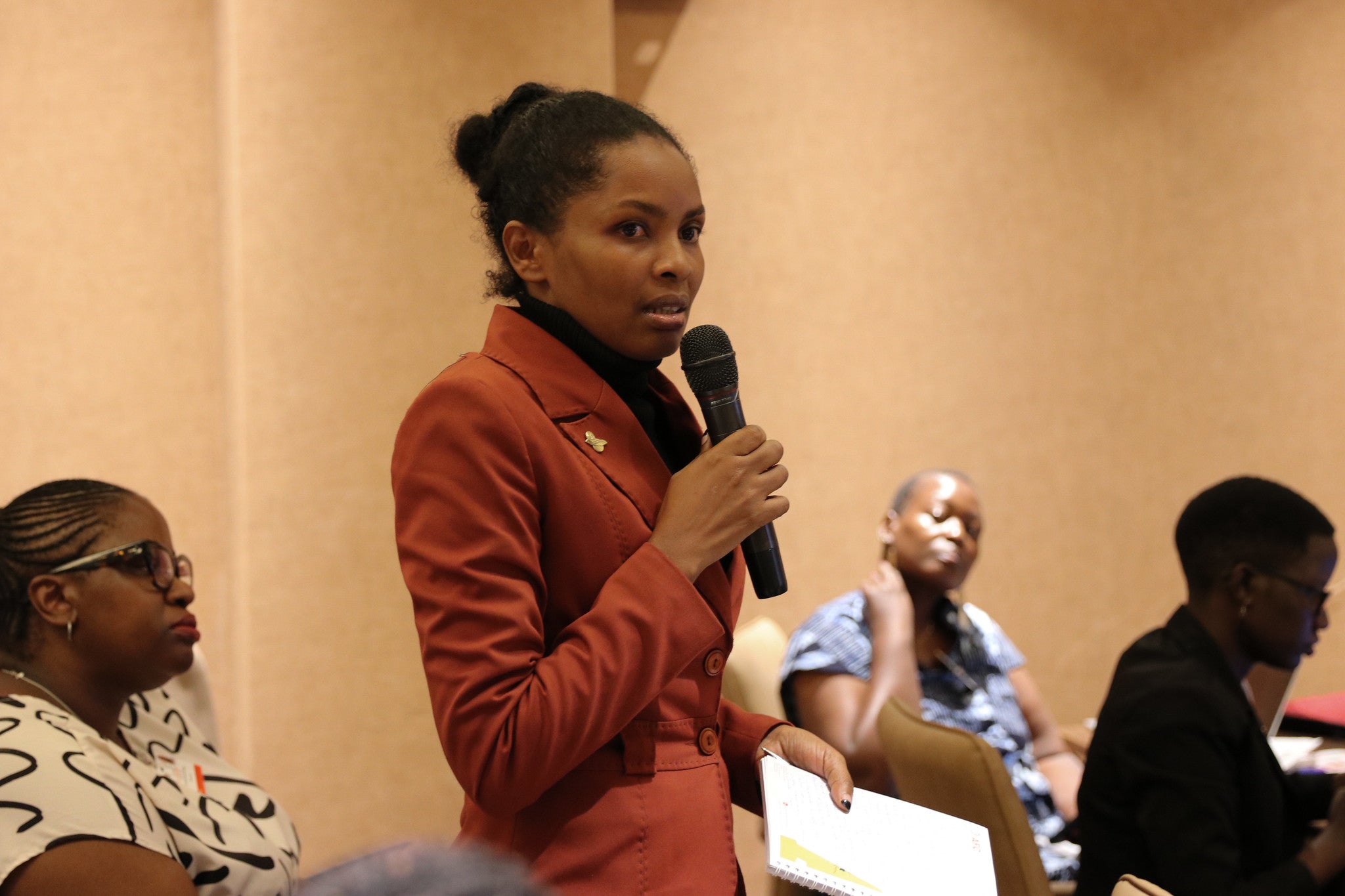
Ensuring the meaningful participation of Persons with Disabilities (PWDs) in development efforts was highlighted as a key priority. Empowerment and protection go hand-in-hand: participants linked gender equality with efforts to end violence against women and girls, stressing its role in driving broader transformation. A major outcome of the forum was a call to mainstream gender considerations in all sectors, including infrastructure, urban planning, and transport. Participants emphasized that gender-responsive design and policy are essential to creating inclusive, safe, and accessible spaces for all—especially women and marginalized groups.
With the current global context posing threats to previous gains, the forum urged decision-makers to keep gender equality at the center of heavily funded programs, ensuring no reversal in progress.